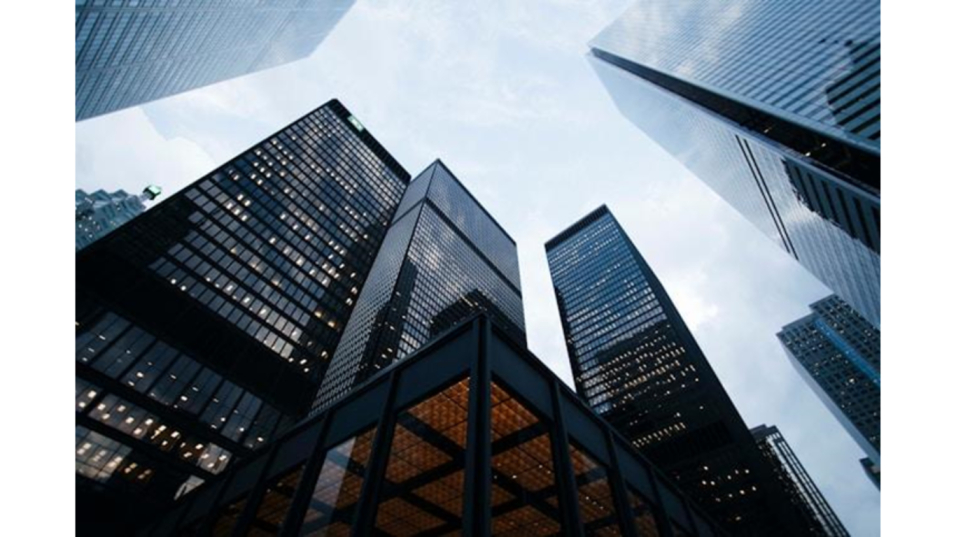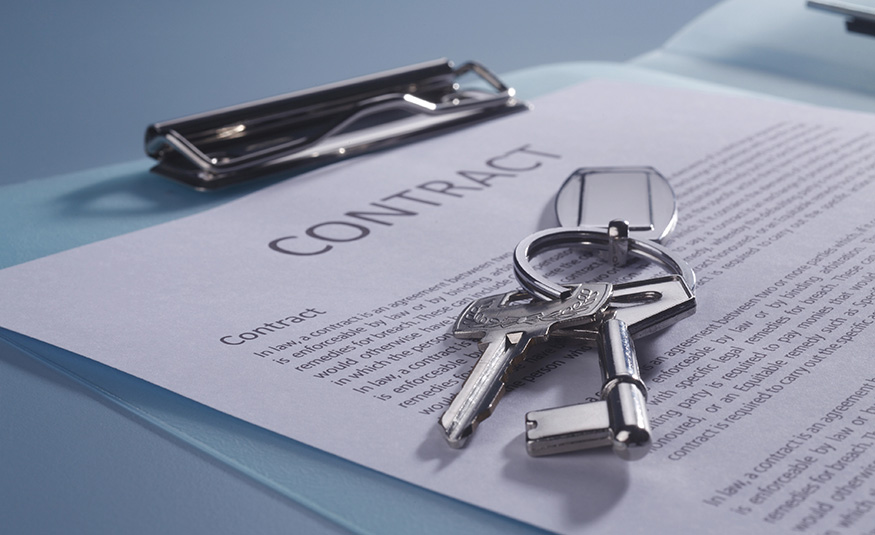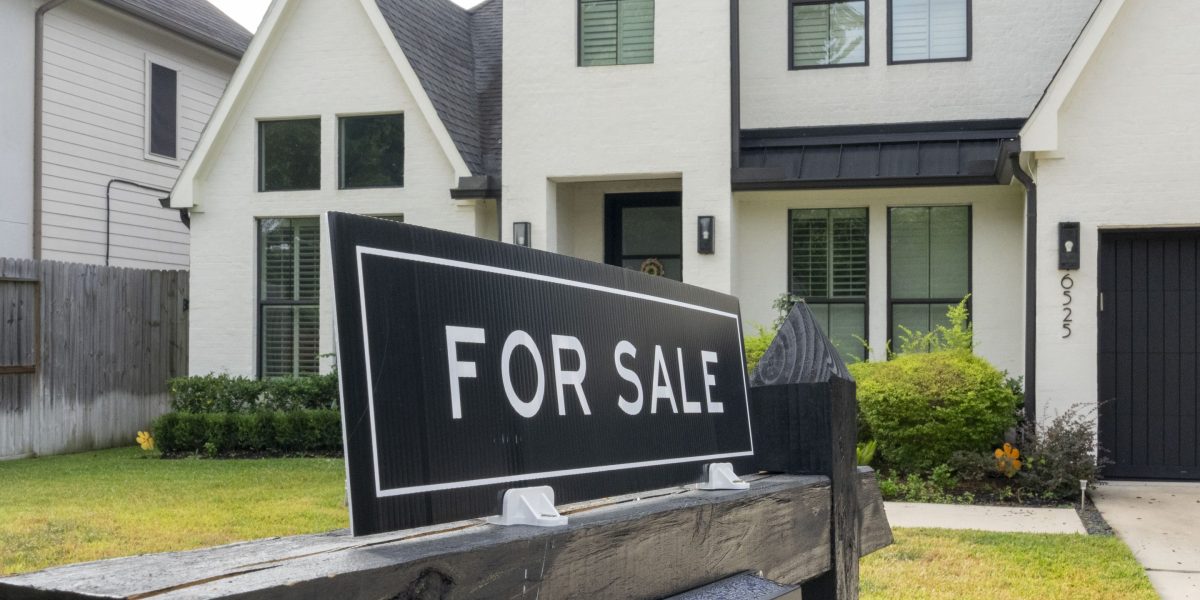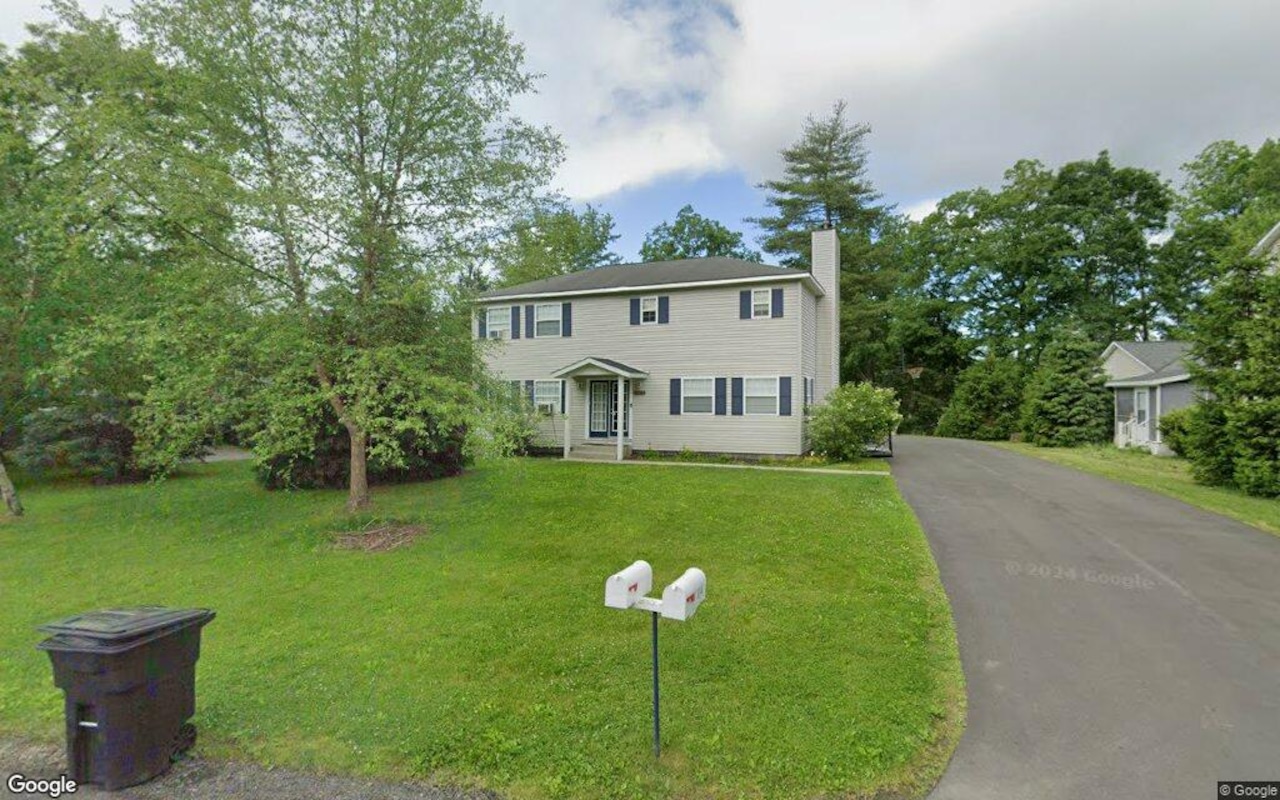T
he commercial real estate landscape is undergoing a seismic shift, driven by technological advancements and evolving consumer behaviors. As digital interactions become the norm, businesses are adapting to meet this new demand, forcing them to rethink their operations and strategies.
At the forefront of this transformation is eco-friendly investing, which prioritizes minimizing environmental impact while protecting the planet. Developers are embracing sustainable practices, such as using green building materials, harnessing alternative energy sources, and incorporating passive design principles. Not only do these efforts contribute to a healthier environment, but they also come with tax incentives that make them financially rewarding.
The office market may be experiencing its highest vacancy rates in decades, but this doesn't signal the end of the physical office. Instead, it's evolving to meet changing employee expectations and hybrid work models. Investors can expect a more stable outlook for occupancy and rent growth as businesses seek larger, cost-efficient locations with appealing amenities.
Public-private partnerships are also playing a crucial role in driving development, particularly in affordable housing. Governments and private organizations are collaborating to provide land, tax incentives, grants, and low-interest financing to support projects that benefit the community. Regular communication between developers and public agencies ensures they stay informed about zoning updates and regulatory changes.
Sustainability is no longer a choice but an essential aspect of modern living. The push for green buildings and eco-conscious designs continues to gain momentum, driven by environmental needs and cost-saving advantages. LEED-certified buildings are on the rise, alongside efforts to reduce carbon footprints. Investors who focus on sustainable properties not only support environmental responsibility but also protect long-term asset value.
Environmental, Social, and Governance (ESG) factors have become a top priority in real estate strategies. Organizations are seeking spaces that align with their sustainability objectives while meeting strict regulatory standards. Modern lease management platforms offer tools to track sustainability metrics, monitor energy consumption, and ensure compliance with environmental laws.
As the commercial real estate industry continues to evolve, investors who identify and adapt to these trends will uncover significant opportunities in the years ahead. By embracing eco-friendly investing, public-private partnerships, sustainable buildings, and ESG principles, they can position themselves for success in a rapidly changing market.












